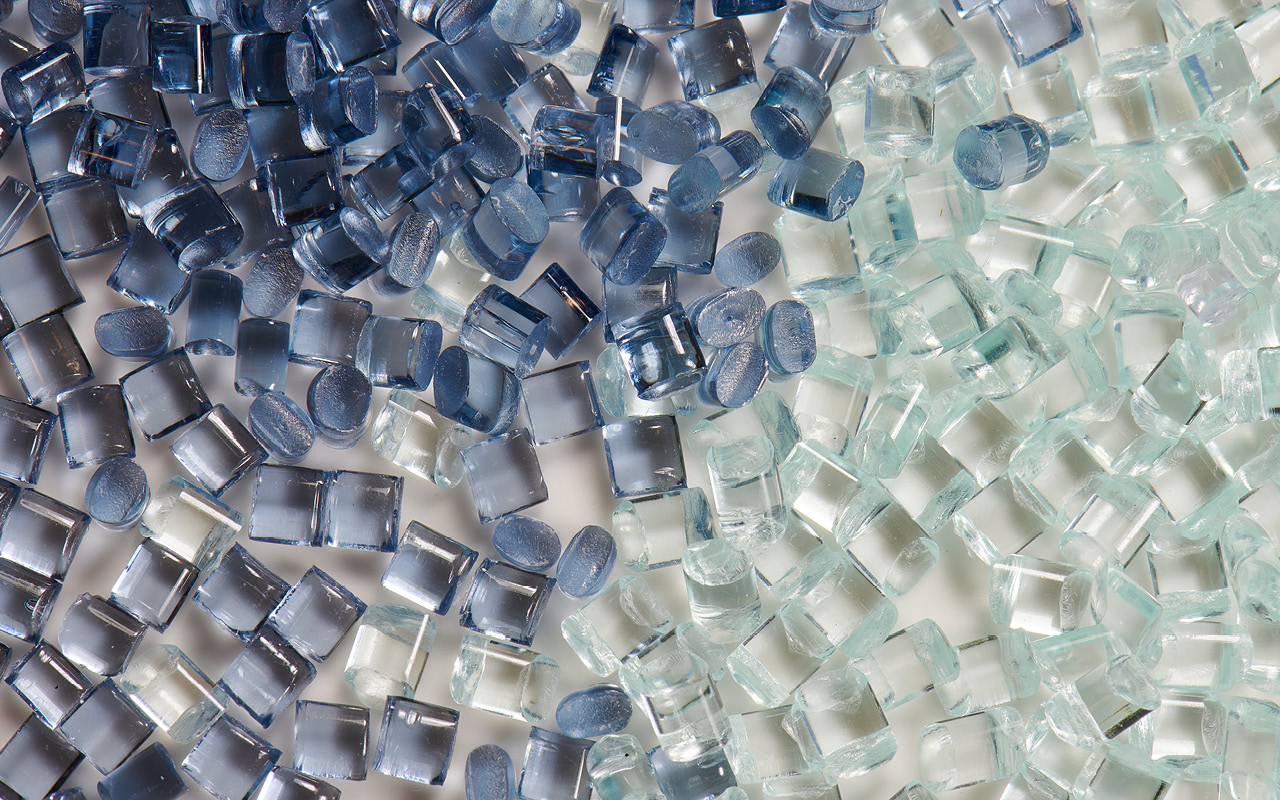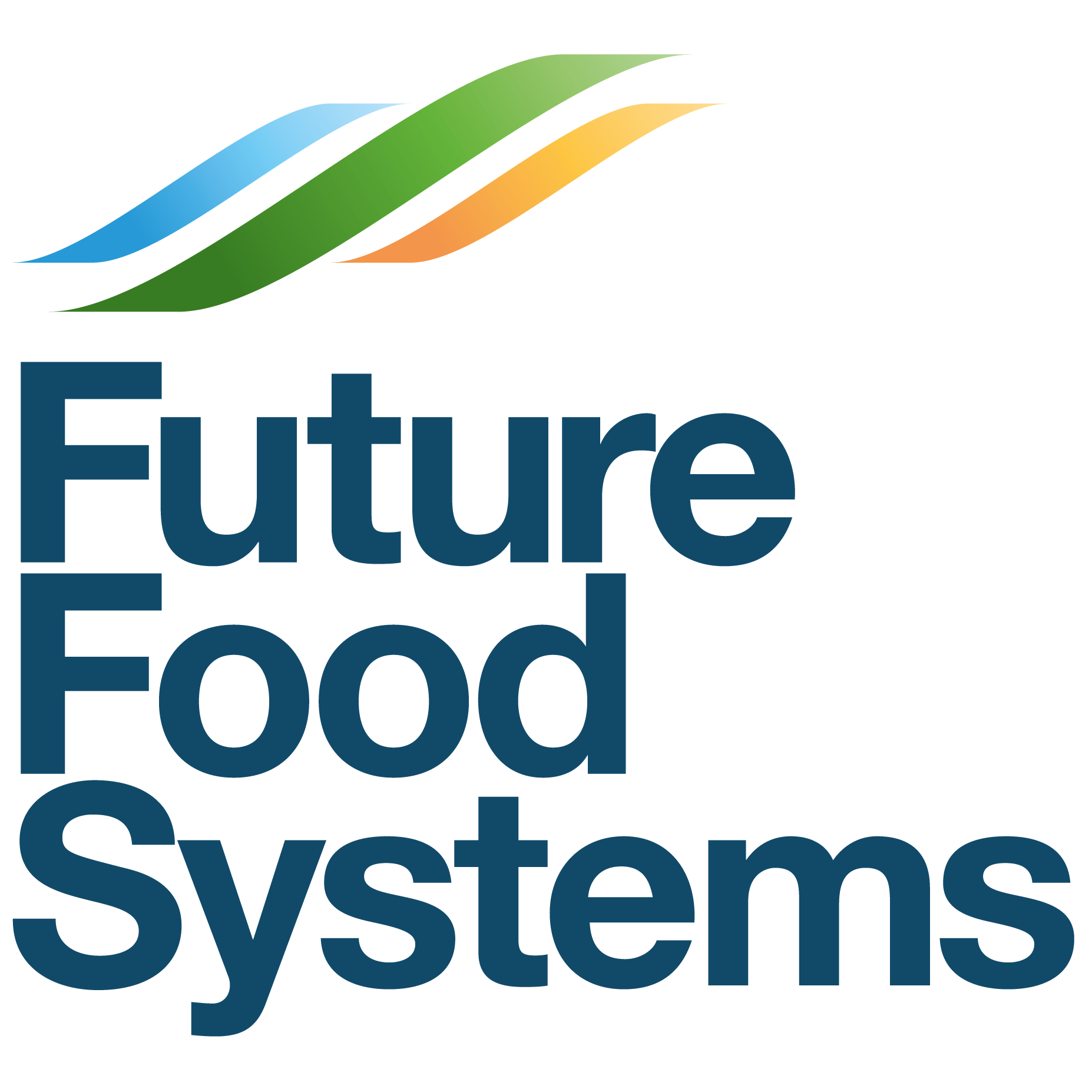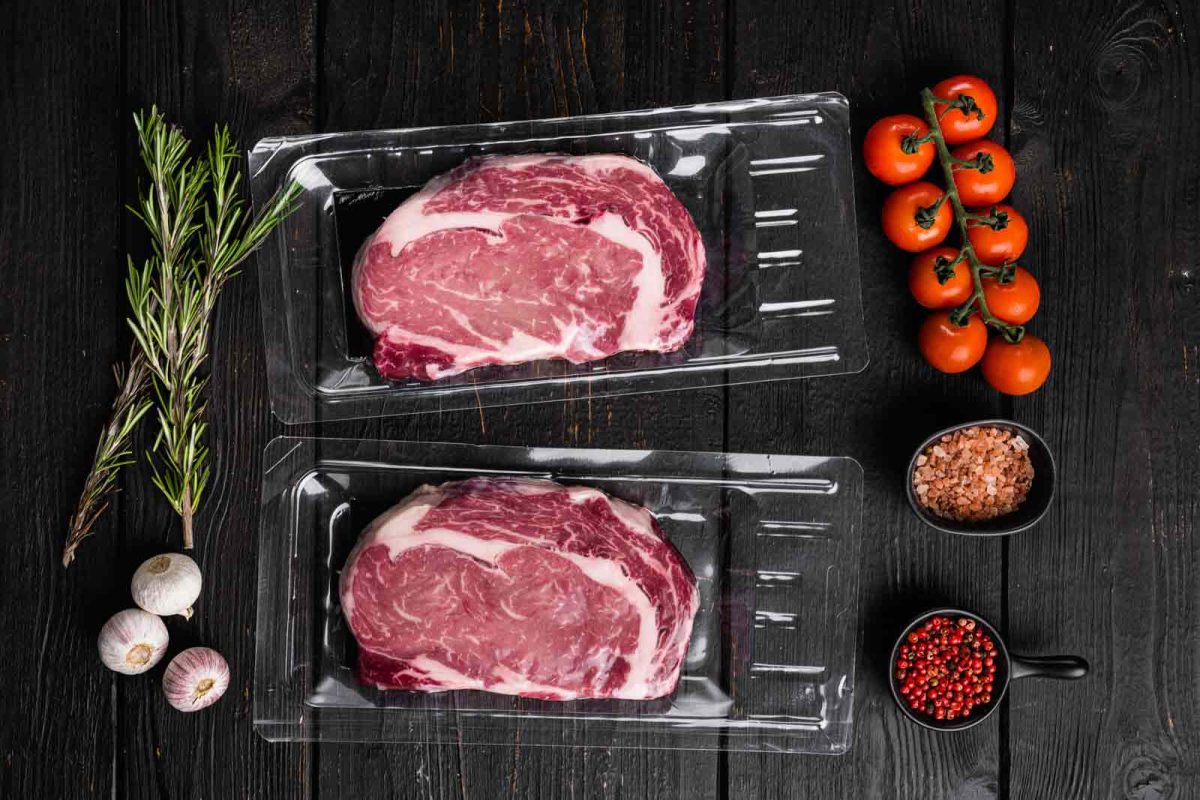Replacing Styrofoam: A sustainable alternative produced by a low-energy process based on biomass building blocks
Challenge The reliance on petrochemical-derived materials, such as styrene, in food and beverage packaging presents serious environmental concerns, particularly regarding resource depletion and plastic waste. As global pressure mounts to reduce the ecological footprint of packaging, the industry faces a pressing need to transition from virgin plastics to sustainable alternatives. This requires developing new materials that not only meet performance standards, such as those required in food packaging applications where Styrofoam (expanded polystyrene foam) is currently used, but that are also derived from renewable sources and align with circular economy principles. In Australia, expanded polystyrene products are being phased out, with bans on single‑use food and beverage containers already in effect in all mainland states. As such, it is of immediate interest to find an alternative solution.
Solution In this project, a novel approach has been developed whereby polymer foam can be produced from various sustainable vinyl monomers sourced from plant-based biomass as opposed to the fossil-based monomer styrene which is used in Styrofoam production. By designing polymer structures from renewable monomers, the project introduces an alternative pathway for material synthesis that reduces reliance on petrochemical feedstocks. In addition, the new method does not rely on high temperature and high pressure for the foam precursor (bead synthesis) step, thereby making this new technology significantly less costly to implement than the currently employed industrial process for production of Styrofoam. Importantly, this new technology does not require specially designed equipment – current industrial equipment employed for Styrofoam production can be used for this new process without modification. A Provisional Patent entitled Polymer Particles for Use in making Foamed Articles has been filed in March 2025.
Impact The successful development of this bio-based foam material offers a practical and scalable replacement for conventional Styrofoam, accelerating the shift toward more sustainable packaging in sectors such as food, beverages, and logistics. By utilising renewable, plant-derived monomers and avoiding reliance on virgin petrochemicals, this process supports key objectives in environmental stewardship, waste minimisation, and circular economy innovation. Critically, the production method is highly energy-efficient (consumes far less energy than the currently employed process for Styrofoam production) and readily compatible with existing industrial equipment, ensuring ease of adoption without costly retrofitting. This work represents a major step forward in sustainable materials science, with strong potential to drive industry transformation and deliver meaningful societal impact.







